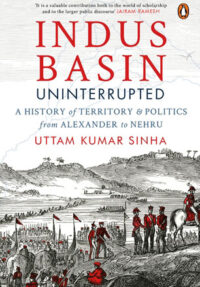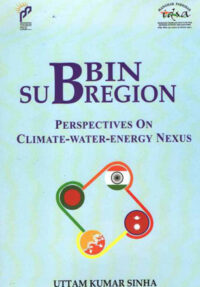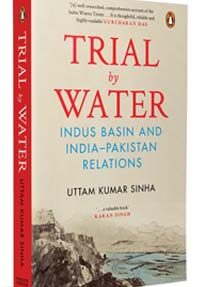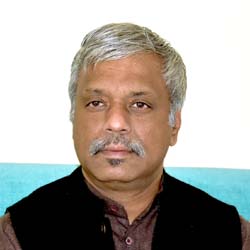The ‘Sir Creek’ Dispute: Contours, Implications and the Way Ahead
Sir Creek, the 17th and last drainage branch of the river Indus, is a meandering riverine feature approximately 92 km (50 NM) long in the low-lying marshy region of Rann of Kutch. The Sir Creek boundary dispute between India and Pakistan is rooted in differing interpretations of the 1914 resolution passed by the Government of Bombay (GoB) or Bombay Residency.
- Raghavendra Mishra
- March 2015












